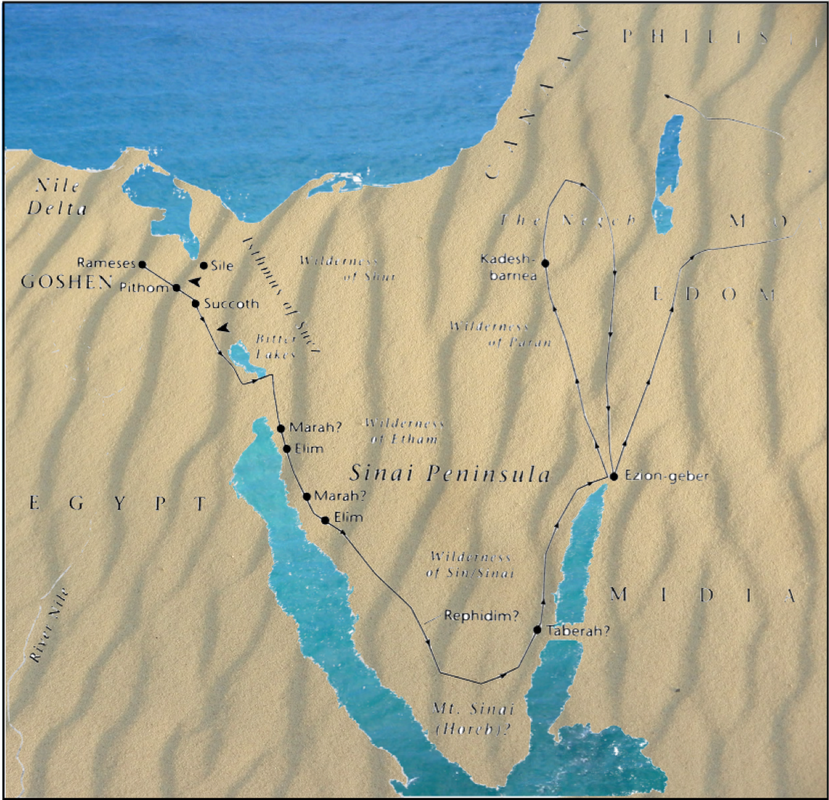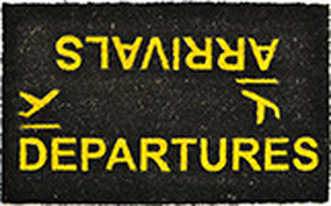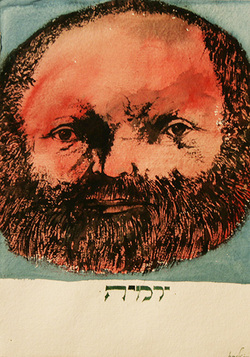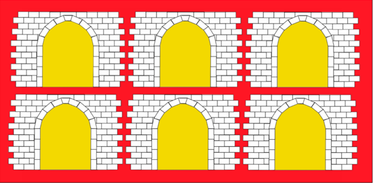At the bottom of the map in my book, it says, "Probable exodus route according to the Bible." Just like the question marks, that word, "probable," gets me stuck, too.
Was the journey of the Israelites governed by the laws of probability? Were the 600,000 Israelites like a giant representation of Schrödinger's Cat, having only a mere likelihood of being in one state or another? Were the ancient Israelites like subatomic particles whose exact position and trajectory are ultimately unknowable? Probably.
The journeys of the Israelites recorded in this week's double Torah portion (Matot-Masei) are often compared to the journeys that a person travels in life. We are tempted to look at our travel from birth to death as if it is mapped out in the biblical map that goes from Ramses to Mount Hor by way of a painfully circuitous route. We look at the map and we want to say:
Oh, there is Succoth. I remember that moment when my mother took me to the pediatrician's office for my first shots and I was scared. And, look, there is Ezion-geber. I can never forget that night when the two of us knew that we would spend our lives together. Here, I see Kaddesh-barnea and I remember the bitterness of my friend's death. Those Plains of Moab are my years of retirement and the joys of holding grandchildren in my arms. I see it all now in front of me on this map.
But, of course, we don't get to do that. Our life is not a map. At least, it is not a map with neatly drawn arrows and precise locations. Our life has more question marks than it has dots to mark locations. Our life has more improbability than can be drawn with black lines from place to place.
So, let's read this week's Torah portion carefully. The Torah tells us, "Moses wrote the starting point of their journeys by the mouth of Adonai and these are the journeys of their starting points" (Numbers 33:2). Do not to assume that "the starting points of their journeys" that came from God's mouth are the same thing as the "journeys of their starting points" that Moses wrote down. The reversal of the phrase reminds us that God sees our lives moving forward while we are always looking back. From God's perspective, everything fits together from the start. We can only know it in reverse, peering over our shoulder at the past and heading into the unknown future.
In flipping God's script, we get lost. We lose our way in question marks and probabilities. We ask, how did I get here? What was that side journey for? Was I really going in circles the whole time I thought I was moving in a straight line?
We don't know the shape of our lives. The version we carry in our heads is a mirror image and a distortion of what we are really here for. Instead of trying to know ourselves the way God knows us, we just wonder and give thanks for what we have. We are even grateful for the question marks.






 RSS Feed
RSS Feed
